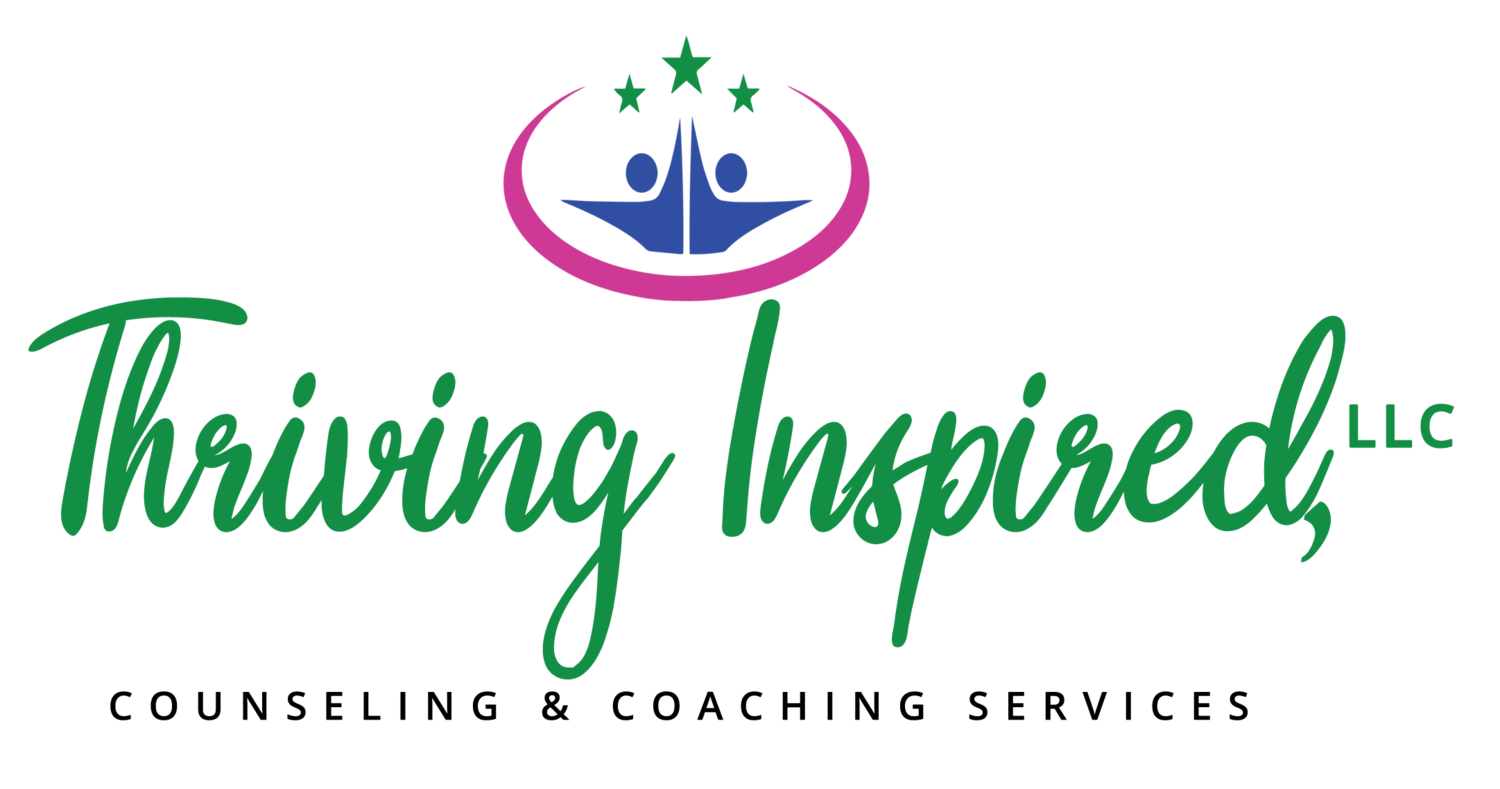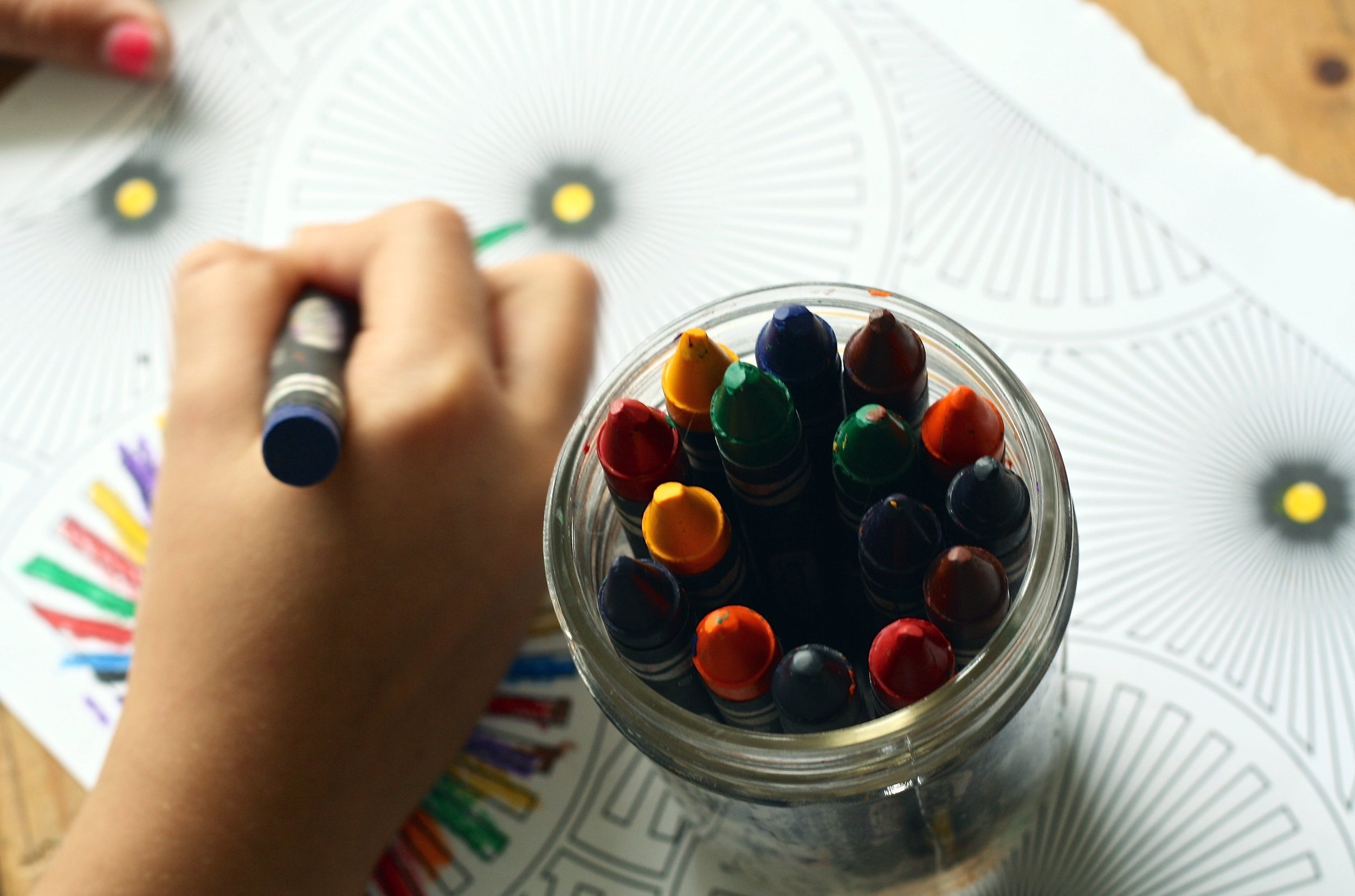CBT for Children & Teens
Many parents are told by their pediatrician or psychiatrist to find a CBT therapist for their child. But what exactly does that mean?
What is CBT?
Cognitive Behavioral Therapy (CBT) is an evidence-based therapy that can be effective for children dealing with a variety of mental health concerns. CBT for children typically involves teaching children how to identify and challenge negative thoughts and beliefs and replace them with more positive and realistic ones. CBT also involves teaching children how to develop coping skills and problem-solving strategies to manage their emotions and behaviors.
How does CBT for children work?
CBT for children focuses on helping your child take control and overcome their challenges, thus giving them a better sense of independence and confidence. Depending on the age of your child, CBT may be incorporated with Play Therapy, or other expressive approaches, to make it developmentally appropriate. Common techniques used in CBT for children include:
Cognitive restructuring: This starts with teaching children how thoughts impact feelings and actions. Children then learn to identify unhelpful thoughts and beliefs and replace them with more helpful ones. For example, a child who believes “I am not good at math" will be encouraged to challenge that belief. The child may remind themselves of times when they received a good grade.
Behavioral activation: Here we help children to increase their engagement in positive and enjoyable activities, which can help to improve their mood and reduce symptoms of depression or anxiety.
Exposure therapy: Avoiding situations or stimuli that cause anxiety serves to increase anxiety. By gradually exposing children to situations or stimuli that cause anxiety or fear, in a safe and controlled environment, we can help them learn how to manage their emotions and build confidence. The pace of the exposure is determined by the child and parents are coached on how to support their child during this process.
Relaxation techniques: This involves teaching children such techniques as deep breathing or progressive muscle relaxation. This helps them manage their emotions and reduce feelings of stress or anxiety.
Why should I consider CBT for my child?
Cognitive Behavioral Therapy encourages children to empower themselves. This helps them with self-control, personal efficacy, problem-solving skills, and social skills. Along with these skills, children who participate in CBT can experience:
Less anxiety
Better coping skills
Emotional regulation and awareness
Increased expressiveness
Decreased loneliness
Increased compliance
Improved peer relationships
Increased self-confidence
How do I start CBT for my child?
My role as a child therapist is to work collaboratively with parents and children to develop a therapy plan and goals that are specific to your child and their needs. To learn more about CBT for your child, I encourage you to reach out today for a free consultation.

